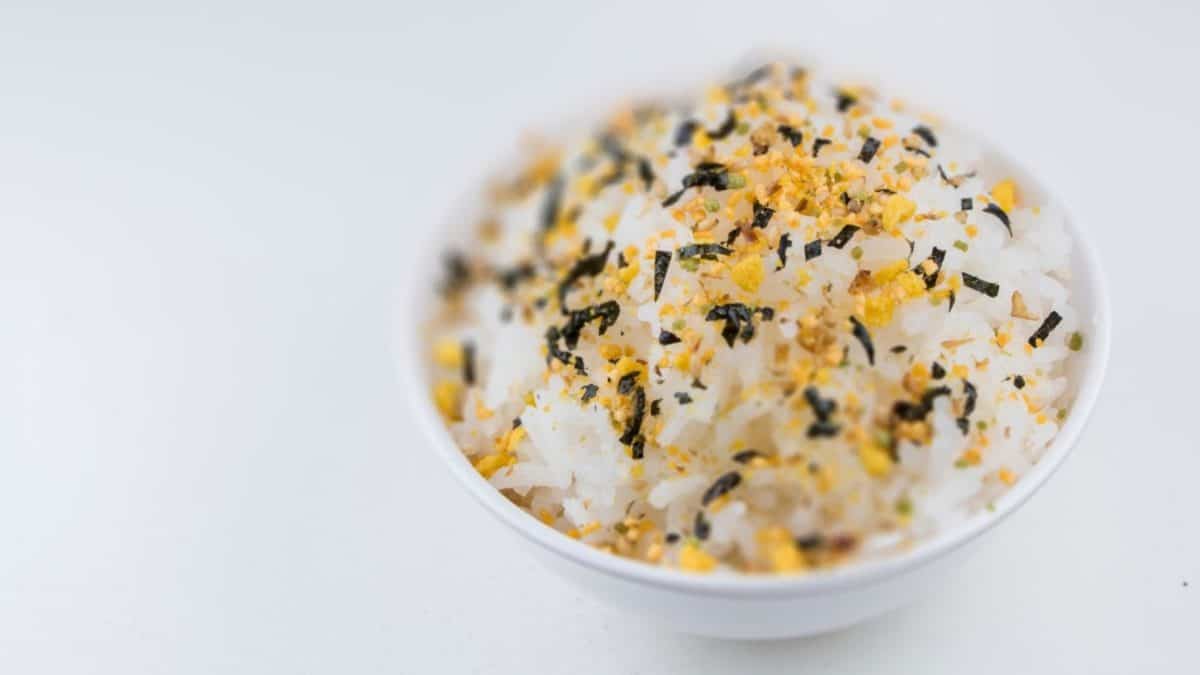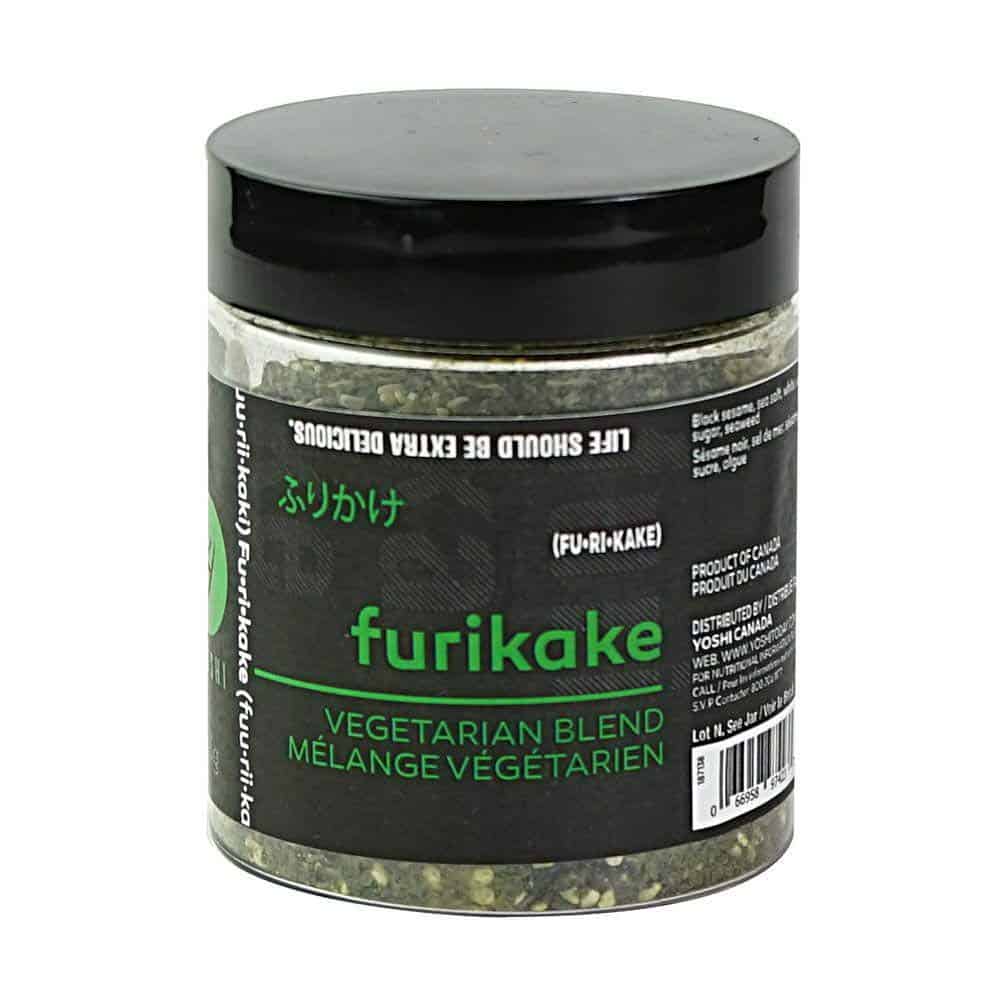Is Furikake Halal? ALMOST Always (But How To Tell)
A lot of the furikake out there is halal because it contains dried fish and sea vegetables like nori seaweed. But some variants use dried shrimps and shellfish or soy sauce, which isn’t always halal either.
Yes, shrimp is halal according to Islamic law. This is because shrimp is a type of seafood that is allowed to be eaten by Muslims. Seafood is generally considered to be halal if it is caught in a clean and pure environment and if it is not mixed with any forbidden ingredients.
There are some schools of thought however that say only sea creatures with fins and scales are considered halal, like the Hanafi School of Fiqh where shrimp is makrooh (disliked) or Imam e Aazam Abu Haneefa who ruled that “from all of the sea creatures only Fish is considered Halal.”

If you’re ok with that, almost all furikake will be halal.
There’s one more thing that can be considered haram, and that’s soy sauce some brands use.
Some soy sauces contain alcohol if they’re produced in a non-traditional way. The non-naturally brewed soy sauce made without wheat is halal and shouldn’t contain any alcohol.
A good alternative would be this vegan furikake from Yoshi:

Also read: these are the best vegan furikake brands
Check out our new cookbook
Bitemybun's family recipes with complete meal planner and recipe guide.
Try it out for free with Kindle Unlimited:
Read for freeJoost Nusselder, the founder of Bite My Bun is a content marketer, dad and loves trying out new food with Japanese food at the heart of his passion, and together with his team he's been creating in-depth blog articles since 2016 to help loyal readers with recipes and cooking tips.

